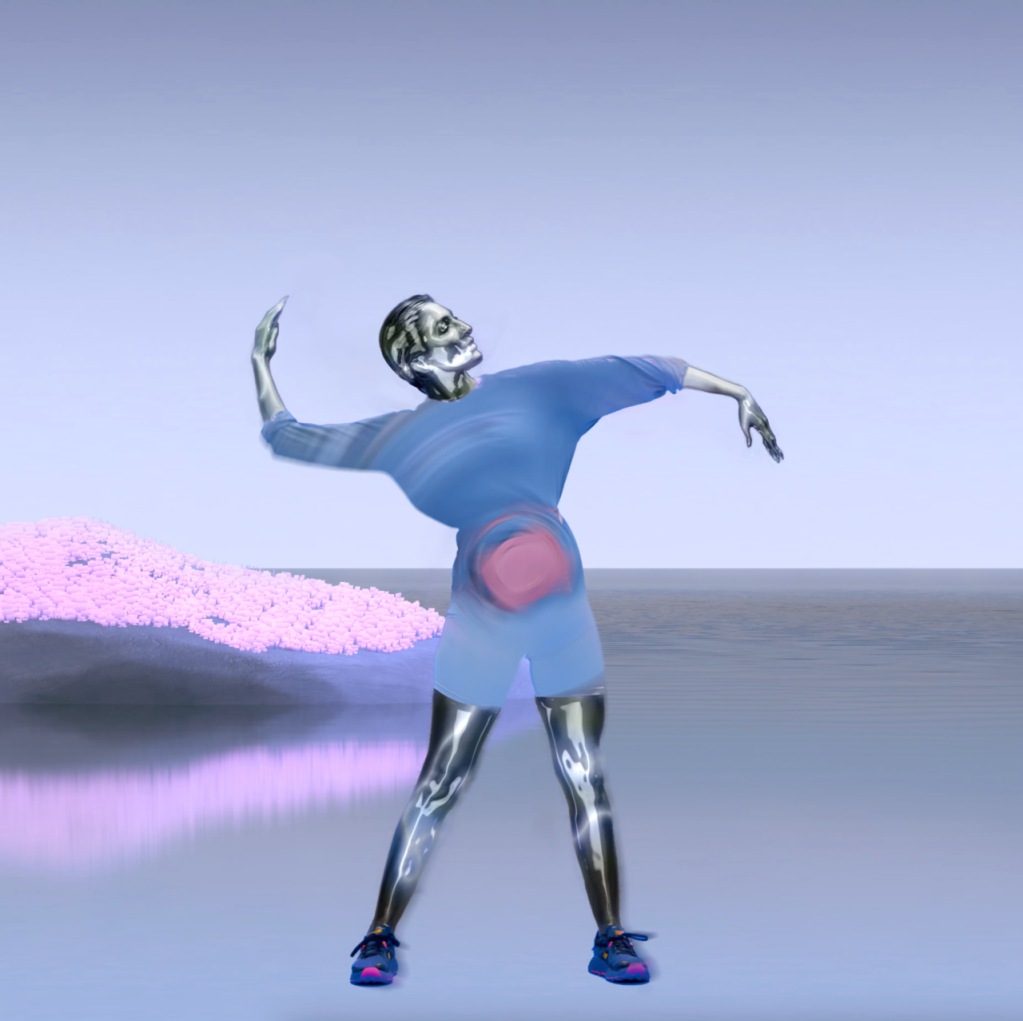The Iconic is entering Web 3, launching a non-fungible token of its runway in collaboration with Sydney artist Bianca Beers.
Key Takeaways
- The Iconic will launch an NFT from its upcoming Runway X, in collaboration with Sydney artist and designer, Bianca Beers
- Luxury retailers have been dabbling into the NFT market for around 12 months
- The NFT market has seen a drop in sales volumes, down to US$3.4 billion across Q3

One of Australia’s largest online retailers, The Iconic, has become the first in the sector to release a non-fungible token (NFT) from a runway show.
An NFT is a unique, digital collective that can’t be replaced by anything else – like a one-of-a-kind trading card. For retailers, NFTs and the wider Web 3 market present another opportunity to engage with consumers, The Iconic’s chief customer officer, Dean Chadwick says.

“Customer loyalty is always top of mind for retailers,” Chadwick says. “In Web 3, there’ll be lots of opportunities for retailers to be able to engage with customers, as well as new creators and communities.”
The Iconic’s NFT was created in collaboration with Sydney artist and designer, Bianca Beers. Beers believes NFTs can be used by progressive creators and artists to help creators access global markets and more lucrative opportunities. Beers’ metamodel self will be minted into digital artwork, and all proceeds from the sale of the NFT will be donated to The Iconic’s community charity partner, Thread Together.
“If you can create a smart contract of where things come from, that’s going to allow us to better understand ethical supply chains and authenticity of garments, be it luxury or otherwise.”
– Dean Chadwick, chief customer officer, The Iconic
Globally, The Iconic is not the only retailer to embrace NFTs. Luxury retailer Dolce & Gabbana set a US$6 million record in October 2021, selling a nine-piece collection of digital NFTs. Balmain released a Balmain X Barbie collection, bringing the famous dolls to the metaverse in January this year. It then went on to create a Web 3 hub called Balmain Thread. Burberry minted an NFT collection in June this year.
Others, like Montblanc, are considering entry in the future.
“I definitely believe that we will be part of it [Web 3], but I just don’t want to rush into it because it’s cool to be there,” Montblanc CEO Nicolas Baretzki told Forbes Australia. “I want to do what makes sense in the long-run for us, but we have nothing against going in that direction.”
But the NFT industry has seen a marked drop in sales volumes as the so-called crypto winter has settled in. In the first quarter of 2022, the NFT industry recorded around US$12.5 billion in sales, according to blockchain tracker DappRadar. By the third quarter, that figure had dropped to US$3.4 billion.
Despite the challenging landscape, Chadwick says it’s only a matter of time (and technological development) before NFTs and Web 3 more broadly become mainstream for retailers.
“I consider what Web 3 is right now to be analogous to the dial-up modem stage of the early internet. Interesting things are happening, but it’s still pretty low-fidelity in terms of the types of activities. For us, curiosity is really important.”
Chadwick sees multiple, practical use-cases for NFTs in the retail industry, namely, being used to authenticate garments.
“If you can create a smart contract of where things come from, that’s going to allow us to better understand ethical supply chains and authenticity of garments, be it luxury or otherwise.”
There could be an opportunity to advance virtual try-ons, and of course, eventually, as a way to drive revenue.
“People like to collect stuff – they always have,” he says. “We want to be commercially minded as part of that curiosity.”
The Iconic’s NFT has combined some real-world value, too. Those who purchase it will have access to $20,000 worth of fashion garments ($2,000 each year, for 10 years). And then, of course, there’s the worth of the art itself.
But given the market’s recent decline, Chadwick heeded a word of warning: “I wouldn’t be betting big right now. I think we’ve got many pressures on business – conditions around the world right now are quite destabilising, and customer sentiment is on the decline. That being said, I believe this is the next evolution of the internet, so I wouldn’t completely ignore it.”
Adam Jacobs, co-founder of The Iconic, will be speaking at Forbes Australia’s inaugural Business Summit on November 18, 2022. The business summit features Australia’s top founders and the visionaries behind some of our most successful brands.